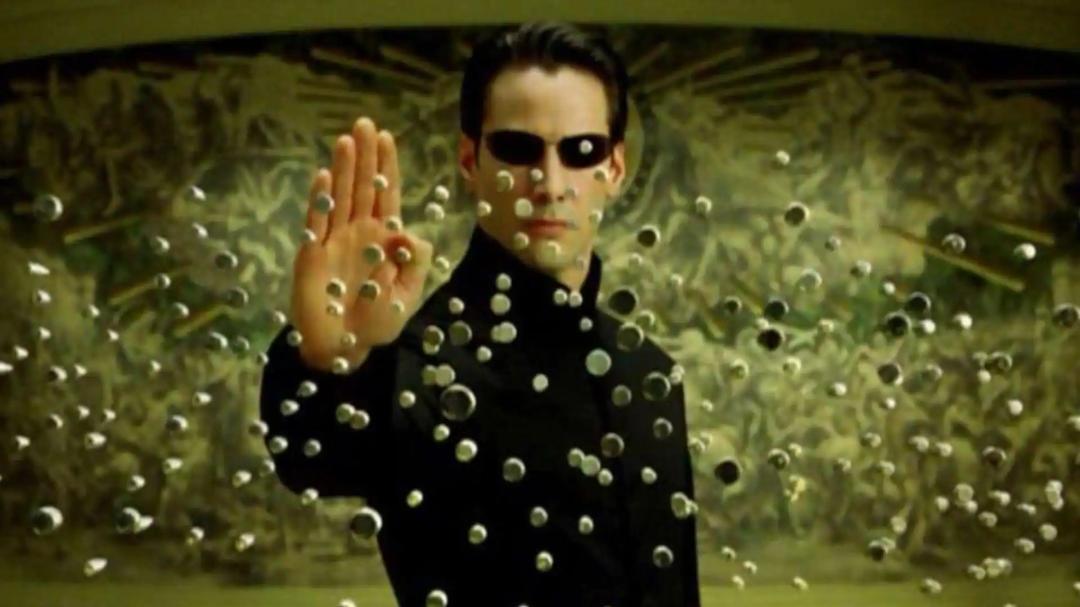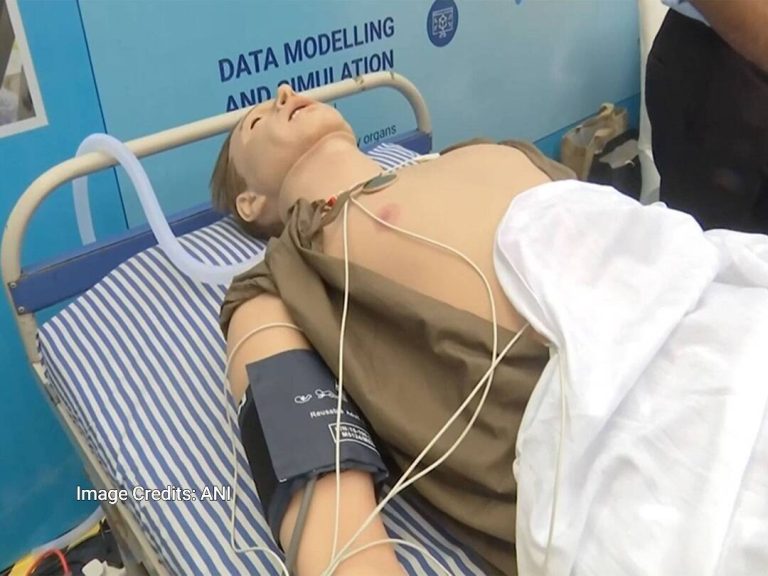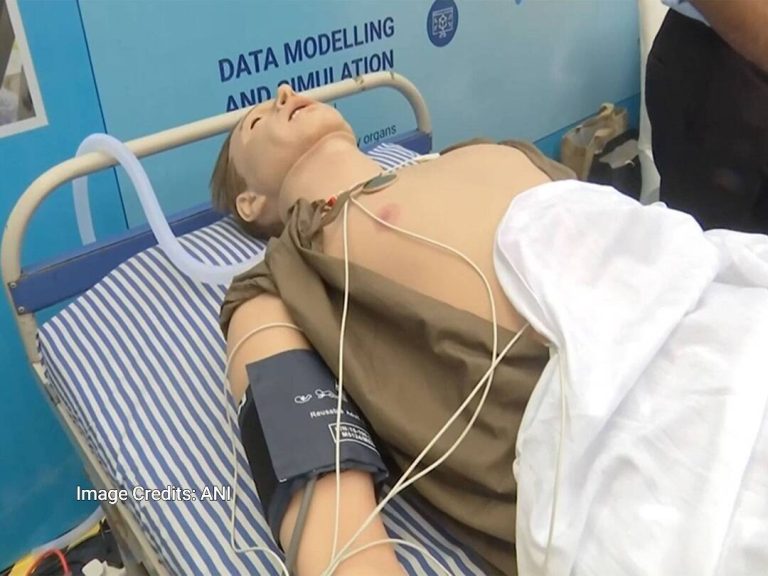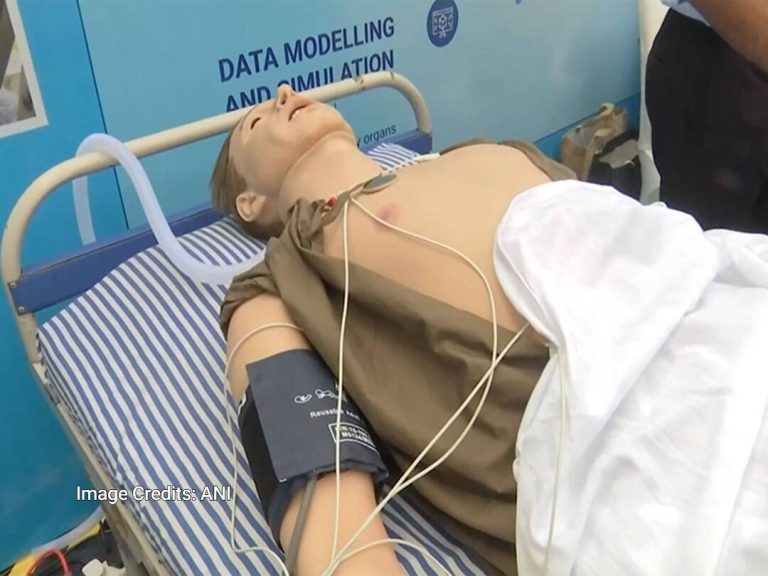
Physicists prove universe isn’t a computer simulation like in ‘The Matrix’
The idea that our universe is a computer simulation, popularized by the iconic 1999 film “The Matrix,” has been a topic of debate among philosophers, scientists, and technology entrepreneurs for years. However, a recent study by physicists from the University of British Columbia Okanagan (UBCO) has mathematically proven that this notion is unlikely to be true. According to a press release, the researchers have demonstrated that the universe is not a computer simulation, but rather is built on “a type of understanding that exists beyond the reach of any algorithm.”
The concept of the universe as a computer simulation, also known as the “Simulation Hypothesis,” suggests that our reality is a simulation created by a more advanced civilization. This idea has been explored by philosophers such as Nick Bostrom, who argued that if a civilization were to develop a realistic simulation of reality, it would likely create multiple simulations, increasing the probability that we are living in a simulated world. However, the UBCO study debunks this idea, providing a mathematical framework that proves the universe cannot be contained within a computer simulation.
The study’s co-author explained that “Fundamental laws of physics cannot be contained within space and time, because they generate them.” This statement highlights the limitations of algorithms in describing the universe. Algorithms are sets of instructions that are used to solve problems or perform tasks, but they are limited by their own programming and cannot fully capture the complexity of the universe. The researchers argue that the laws of physics, which govern the behavior of the universe, are not bound by the same limitations as algorithms and therefore cannot be simulated by a computer.
The implications of this study are significant, as they challenge our understanding of the nature of reality. If the universe is not a computer simulation, then what is its fundamental nature? The researchers suggest that the universe is built on a “type of understanding that exists beyond the reach of any algorithm,” which implies that there are aspects of reality that cannot be fully captured by mathematical models or computational simulations. This idea is supported by the fact that many phenomena in the universe, such as consciousness and the origin of life, are still not fully understood and cannot be replicated by computer simulations.
The study also raises questions about the limits of artificial intelligence and the potential for creating realistic simulations of reality. If the universe is not a computer simulation, then it is unlikely that we will be able to create a realistic simulation of reality using current computing technology. This challenges the idea of creating a “Matrix”-like simulation, where humans are unaware that they are living in a simulated world.
The UBCO study is a significant contribution to our understanding of the universe and its fundamental laws. By mathematically proving that the universe is not a computer simulation, the researchers have provided a new perspective on the nature of reality. The study’s findings also highlight the limitations of algorithms and computational simulations in describing the complexity of the universe.
In conclusion, the idea that our universe is a computer simulation, like in “The Matrix,” has been debunked by physicists from UBCO. The study provides a mathematical framework that proves the universe is built on a “type of understanding that exists beyond the reach of any algorithm.” This challenges our understanding of the nature of reality and highlights the limitations of artificial intelligence and computational simulations. As we continue to explore the mysteries of the universe, we may uncover new insights into the fundamental laws of physics and the nature of reality itself.
News Source: https://news.ok.ubc.ca/2025/10/30/ubco-study-debunks-the-idea-that-the-universe-is-a-computer-simulation/




